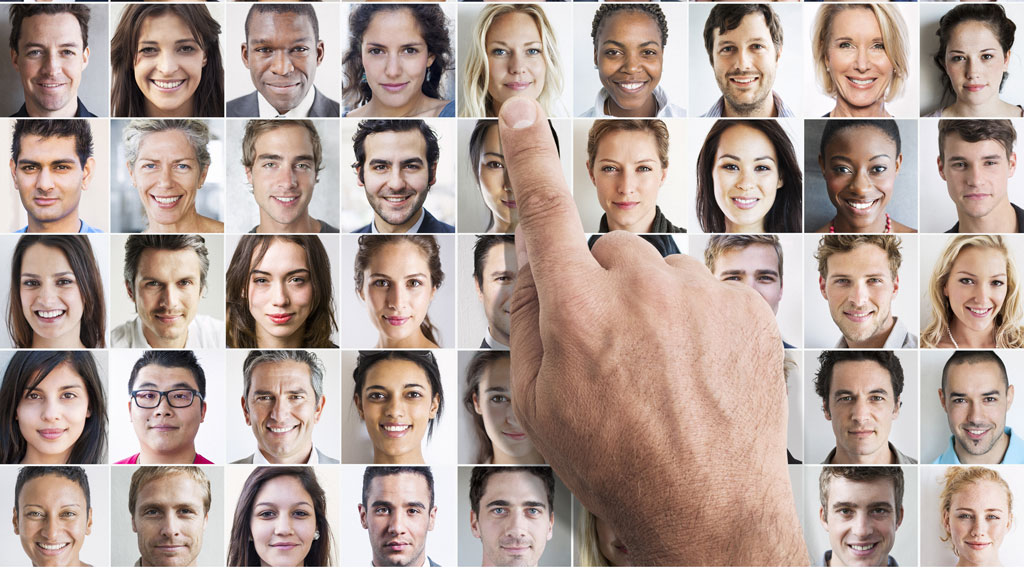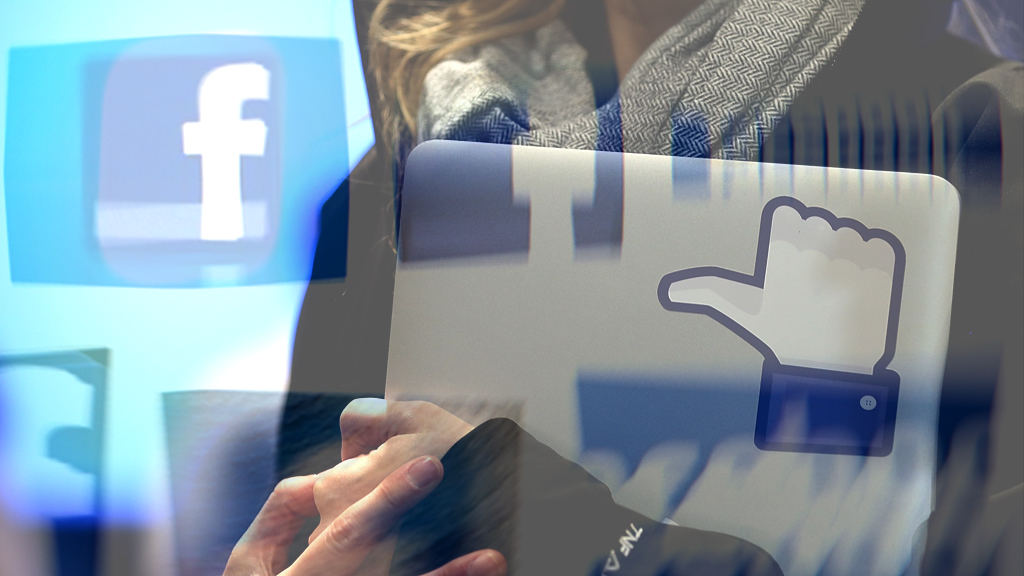Ten reasons we should quit Facebook for good
As Facebook turns 10, Channel 4 News asks if the social media giant’s power is dwindling and wonders if we should all be logging off before it reaches the terrible teens.

1. Facebook is a ‘highly infectious disease’
A recent study predicted that Facebook’s rapid growth will prove unsustainable and that the site will lose 80 per cent of its users between 2015 and 2017.
A group of Princeton researchers compared Facebook to a highly infectious disease, claiming that after it reaches a certain critical mass of “infected” users, these individuals will “recover” and quit the site.
2. Teenagers are already ‘switching off’
A recent report by GlobalWebIndex found that Facebook endured a 29 per cent fall in active users among US teenagers from the fourth quarter of 2012, when 79 per cent of all US teens contributed to the site. The same decline is happening in the UK. According to the study, teenagers now use social media apps such as WeChat, SnapChat and WhatsApp to talk to each other.
3. Twitter is less exclusive
Facebook is limited to your friends and family. Some say Twitter makes it easier for you approach someone, ask them questions and make new friends.
4. Facebook ‘doesn’t like privacy’
Facebook users may seem confused about Facebook’s privacy settings, which sometimes change almost unannounced. New algorithms mean that your news feed now has posts disappear, and old statuses loiter around for no apparent reason. Worse, if you are on Facebook, you could be giving the company information about yourself which it is selling to advertisers.
5. Facebook needs to make money
Facebook likes are at the heart of the site’s interactive appeal. But Channel 4 News in 2013 revealed that cyber criminals were hijacking users’ accounts to “like” pages their victims want nothing to do with. We uncovered evidence that this growth is fuelled in part by computer hacking, with cyber criminals breaking into websites and using viruses to stoke a massive black market in Facebook likes.

6. Your friends are all getting engaged and having babies
Your Facebook wall used to be full of your friends doing fun stuff like drinking shots and parachuting out of planes – but now many of them are getting engaged or are married. Worse still, they are having babies, and suddenly your Facebook wall looks very middle aged.
7. Facebook makes you feel less positive about your life
A new University of Michigan study on college-aged adults found that the more they used Facebook, the worse they felt. The study, published in the journal PLOS One, found Facebook use led to declines in moment-to-moment happiness and overall life satisfaction.
8. Facebook showed beheading video
Facebook caused controversy in 2013 by allowing videos of beheading. Following international public outcry, Facebook relented and broadened its set of criteria around banning gory videos. Nevertheless, for a site that actively banned images of breastfeeding, some could question if its priorities were in order.
9. We hardly speak to any of our Facebook friends anymore
In the days before Facebook and the internet, many of our friends would move on and we would lose touch, only to reconnect at a school reunion. Today, we still see “updates” from our friends – but how many of them do we still speak to?
10. If you’re not on Facebook, you don’t exist
How true is this? A study by Boston university found that Facebook helps users with their self-esteem and self-worth, which directly contributes to the need to belong.
This results in the build-up of friendships as people may want to add each other as “friend” to stay connected at all times. As of 3 October 2013, there were 500 million people using Facebook – so the chances are, if you are not on it, you would be seen as a being in a minority.
Disagree? Tell us why on our Facebook page: facebook.com/Channel4News




